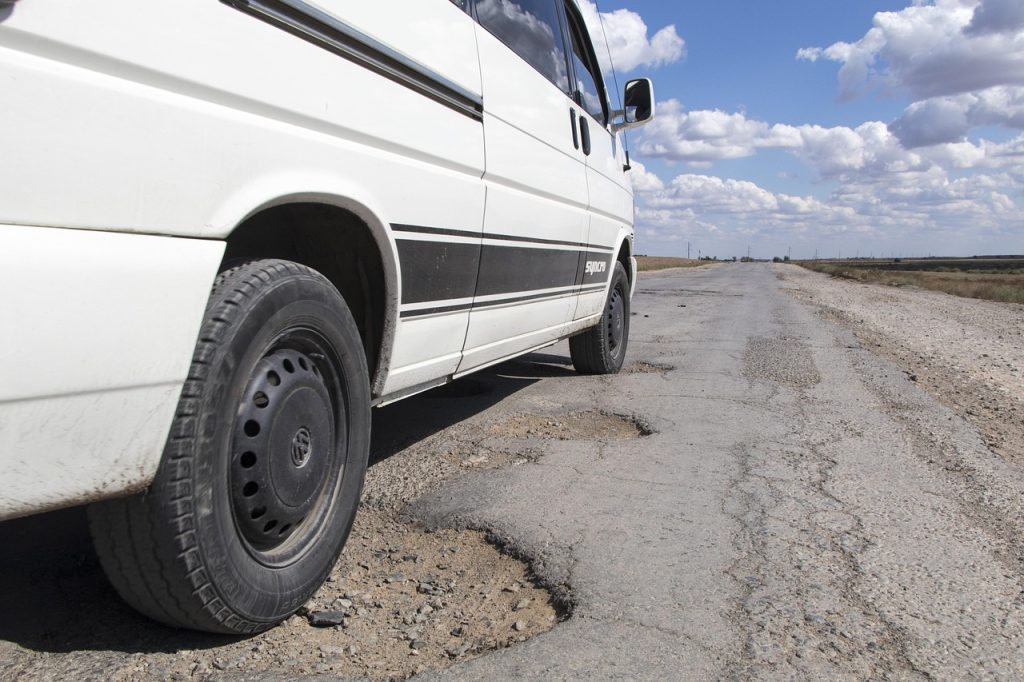New Asphalt Uses AI and Natural Oils to Heal Cracks
Others are reading now
Potholes and cracked roads are a frustrating problem worldwide. They lead to costly repairs, traffic disruptions, and dangerous driving conditions.
Scientists may have found a solution. Researchers from King’s College London, Swansea University, and Chile have developed a new type of asphalt that repairs itself, writes WP.
This could change the future of road maintenance.
The innovative material contains microscopic capsules filled with recycled oils. When small cracks appear, the capsules burst, releasing the oil.
Also read
This helps the asphalt heal itself within an hour. The researchers used biomass waste and artificial intelligence to design this breakthrough.
Their goal is to make road infrastructure more sustainable while reducing costs and carbon emissions.
Cracks in asphalt form due to wear and tear. Over time, weather conditions and heavy traffic make the problem worse.
Traditional repairs involve filling potholes with new material, a process that takes time and resources.
The self-repairing asphalt could eliminate the need for frequent human intervention. It would also extend the lifespan of roads.
The idea behind this technology comes from nature. Scientists studied how plants and animals heal themselves after an injury.
Trees, for example, release sap when damaged. This inspired researchers to develop asphalt that can mimic this process.
Artificial intelligence played a key role in the project. Scientists used AI to analyze bitumen, the sticky substance in asphalt, at a molecular level.
This allowed them to study how bitumen oxidizes and cracks. They then created a model to predict and prevent early damage.
Google Cloud provided advanced AI tools to support this research.
Using biomass waste instead of petroleum-based materials has several benefits. Biomass is cheaper, widely available, and more eco-friendly.
Producing asphalt from renewable sources also reduces reliance on fossil fuels. This is especially important for regions with limited access to petroleum-based asphalt.
Dr. Jose Norambuena-Contreras from Swansea University explained that these technologies aim to prevent cracks before they become major problems.
This reduces the risk of potholes forming. Fewer potholes mean lower maintenance costs and safer roads.
This self-healing asphalt could revolutionize road construction. If adopted on a large scale, it could cut repair costs, reduce pollution, and improve road quality.
Further investment and development are needed to bring this technology to cities worldwide. The future of road infrastructure might soon look very different.








